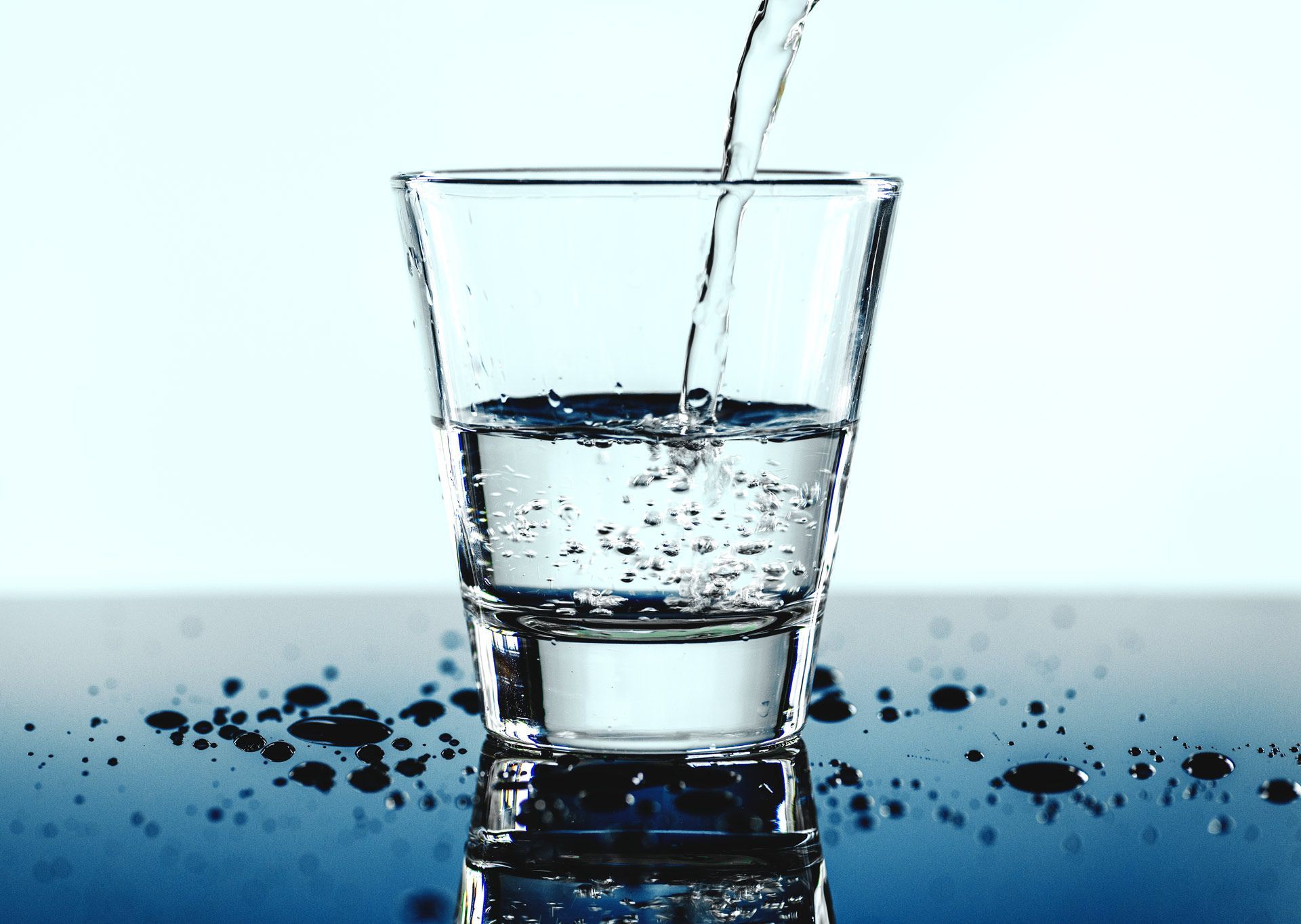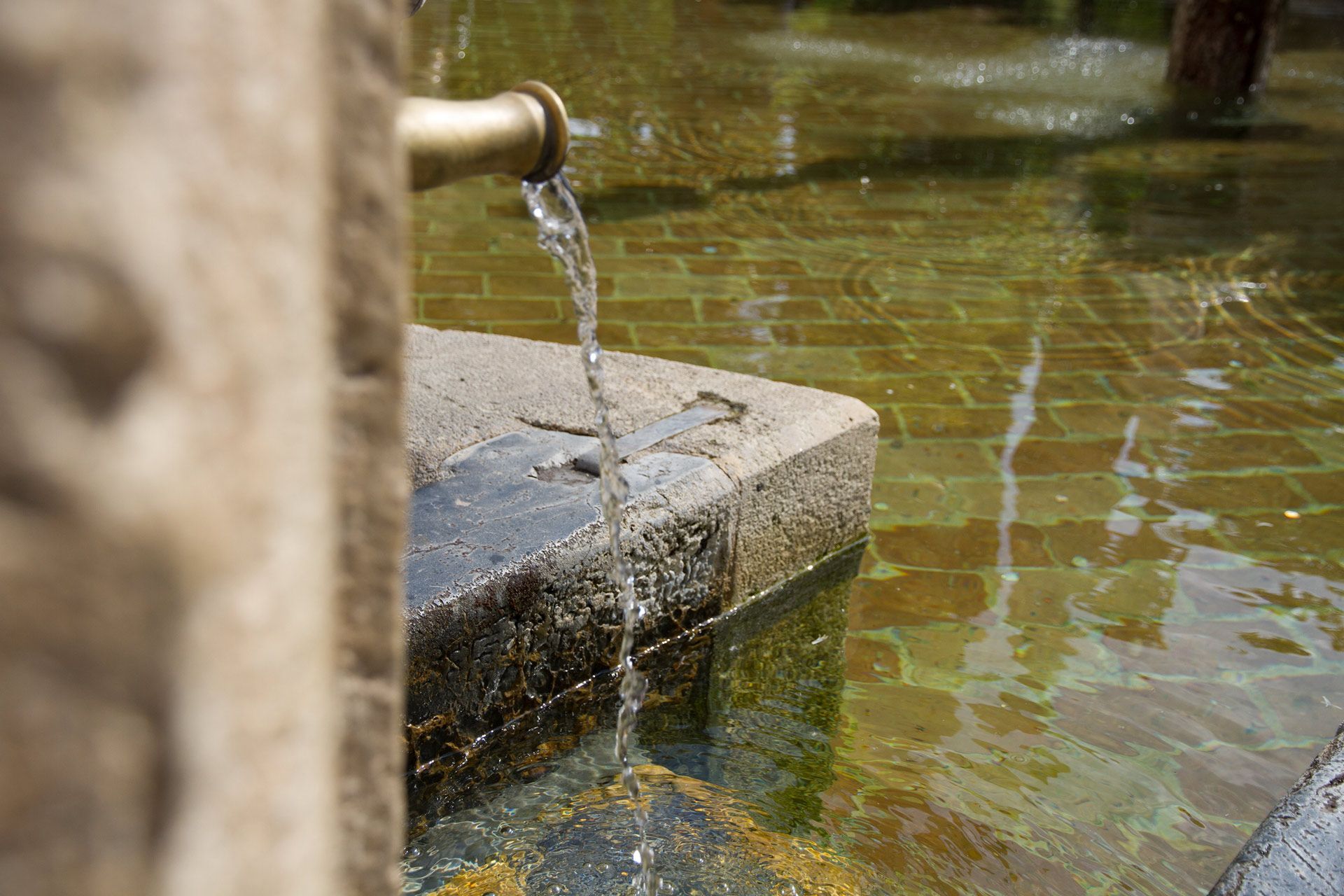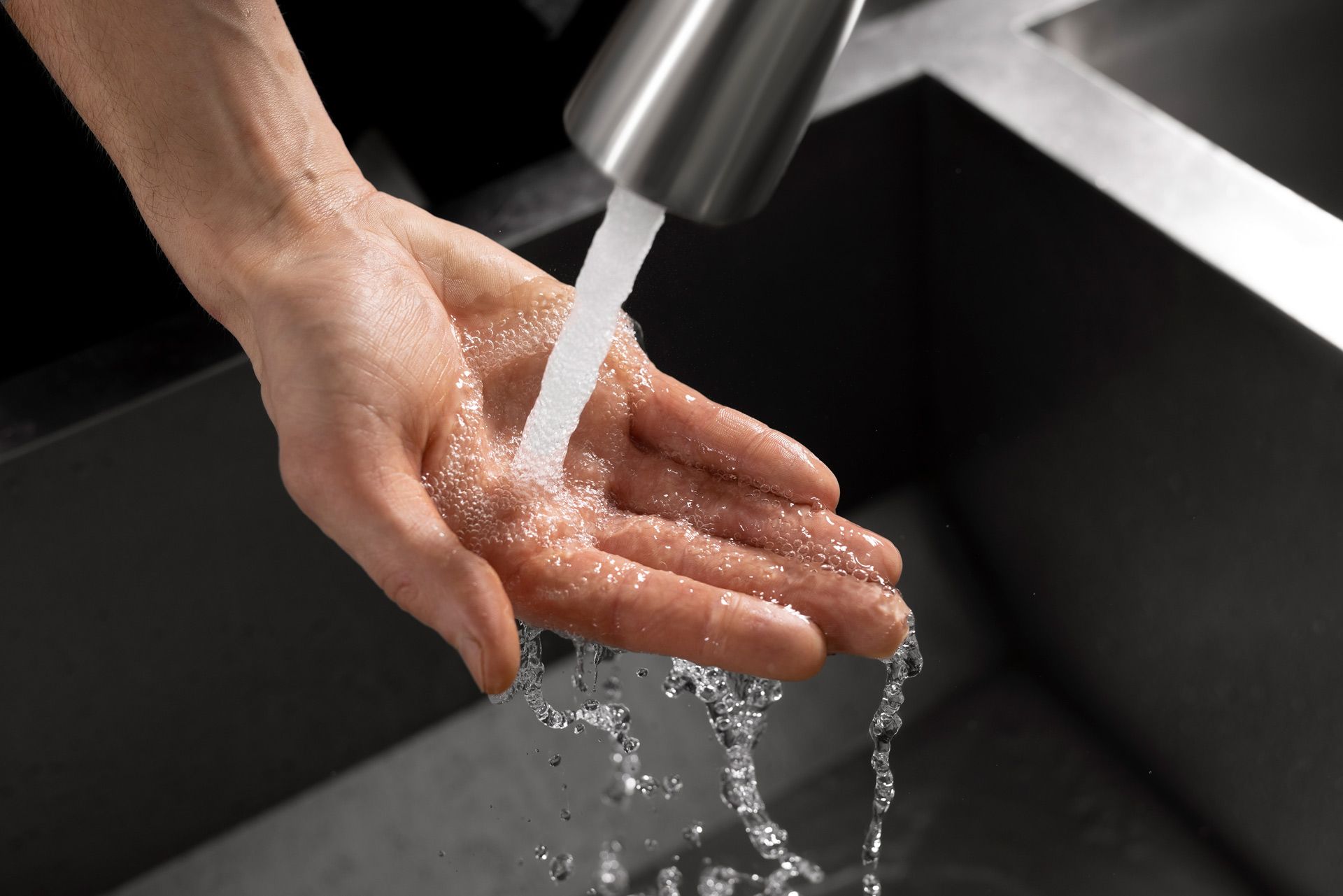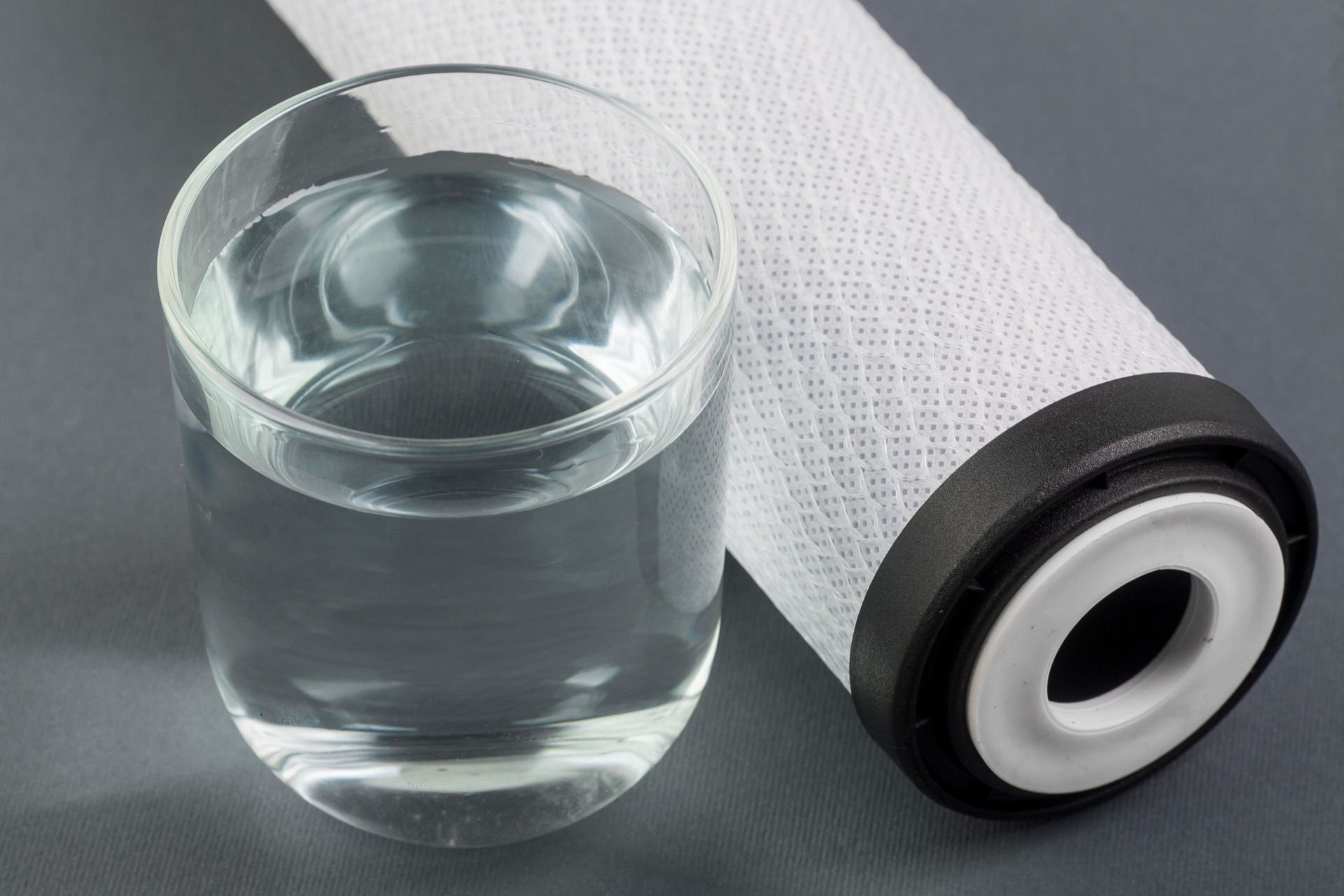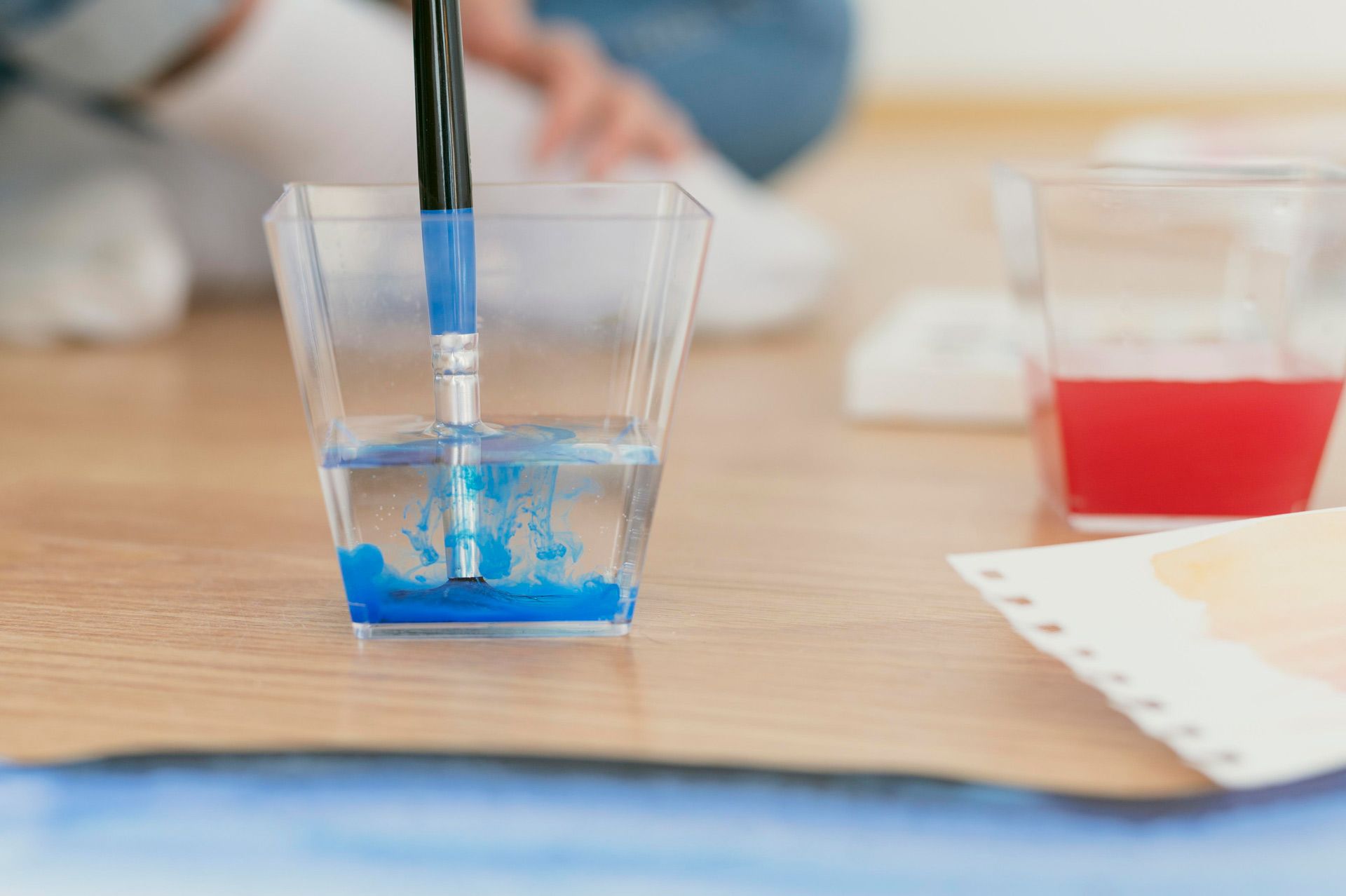How to Tell If Your Home’s Water Is Safe: Signs You Need Professional Water Treatment
July 3, 2025

You probably assume your tap water is safe. It’s clear, it runs easily, and it tastes fine — so what could be wrong? The truth is, even water that looks and tastes normal can carry hidden contaminants or minerals that affect your health, appliances, and plumbing.
In many parts of Central Indiana, hard water, old pipes, and seasonal changes in supply can lead to unseen problems. That’s why it’s important to know the warning signs your water might need
professional treatment. Once you recognize them early, you can protect your home and your family before small issues turn into expensive repairs.
Why Water Quality Matters
Water touches everything in your home — from the clothes you wash and the food you cook to your skin, hair, and the appliances you depend on every day. When water quality declines, you might not notice right away, but the long-term effects can be serious.
Hard water minerals, bacteria, and chemical residues can build up over time, causing damage to plumbing systems, water heaters, and fixtures. They can also affect how your water feels, smells, and tastes. Clean, well-balanced water isn’t just about comfort — it’s about health and home protection.
Common Signs Your Water May Need Treatment
If you’ve been wondering whether your water is truly clean and safe, these are the telltale signs to look for.
Cloudy or Discolored Water
If your water looks milky, cloudy, or has a yellow or brown tint, it could mean there’s sediment, rust, or mineral buildup in your pipes. Even a subtle haze can signal issues with your filtration or water source.
Bad Taste or Unpleasant Odor
Water shouldn’t have a smell. If you notice a chlorine-like, metallic, or rotten-egg odor, that’s a clear sign of chemical additives, sulfur, or organic contaminants in the water. Any change in taste or smell deserves attention.
White Residue or Rust Stains on Fixtures
That chalky white film around faucets or the rust-colored stains on sinks and tubs aren’t just cosmetic. They’re signs of hard water and iron deposits. Over time, these minerals can clog pipes, shorten the lifespan of appliances, and reduce water pressure.
Dry Skin, Dull Hair, or Soap That Won’t Lather
Hard water leaves behind residue that prevents soap from rinsing clean. If your skin feels dry after showers or your hair looks dull no matter which shampoo you use, your water might be the problem — not your products.
Appliances Breaking Down Sooner Than Expected
If your dishwasher, washing machine, or water heater seems to need repairs more often, mineral buildup could be the culprit. Scale and sediment make appliances work harder, leading to higher energy bills and premature failure.
You Have Well Water or an Older Home
Homes with older plumbing or private wells are especially prone to water quality issues like iron, manganese, bacteria, or lead. Even if your water looks clear, it’s worth getting it tested regularly to ensure safety and efficiency.
What to Do If You Notice These Signs
When you start seeing these symptoms, it’s time to dig deeper — literally.
- Step 1: Get Your Water Professionally Tested
The first step is finding out what’s in your water. A professional water test measures hardness, mineral levels, pH, and any potential contaminants like iron, lead, or bacteria. Knowing exactly what’s present helps you choose the right treatment system.
- Step 2: Review the Results and Choose the Right Solution
- Once you understand your water’s profile, you can decide what type of system will work best. For example:
- Hard water issues call for a water softener.
- Odors, tastes, or discoloration may require a filtration or purification system.
- Bacterial contamination can be resolved with UV or multi-stage filtration.
A qualified water treatment specialist can guide you toward the right combination of solutions for your home.
- Step 3: Work With an Experienced Installer
Professional installation ensures the system works efficiently and complies with local plumbing codes. Look for installers who specialize in water treatment — not just general plumbing — and who understand Indiana’s unique water conditions.
Step 4: Keep Up With Maintenance
Even the best systems need maintenance. Replace filters as recommended, check salt levels if you use a softener, and schedule annual service checks. Regular upkeep ensures your water stays consistently clean and your system performs at its best.
Frequently Asked Questions
- How often should I test my home water?
Once a year is a good rule of thumb — especially if you notice a change in taste, smell, or color. Homes with private wells should test more often. - Can I fix hard water without a softener?
Not effectively. Filters can help with some issues, but only a water softener removes calcium and magnesium minerals that cause scaling. - Why does my water sometimes look cloudy but clear up after a minute?
That’s usually trapped air — harmless and common. But if the cloudiness doesn’t fade, sediment or contaminants may be to blame. - Is professional treatment worth the cost?
Absolutely. Clean, treated water extends appliance life, improves comfort, and prevents costly plumbing repairs — saving you more in the long run. - What if my water looks fine but tastes odd?
Taste and odor changes can signal chemical or mineral imbalance, even when the water looks clear. A professional test is the only way to know for sure.
Conclusion
Water that looks clean can still hide issues that affect your home, health, and comfort. From scale buildup to strange smells, the warning signs are often easy to spot once you know what to look for.
If your home in Central Indiana shows any of these symptoms, don’t wait until it becomes a bigger problem. Testing and professional treatment can restore confidence in every drop that flows from your tap — and
protect the investment you’ve made in your home.

